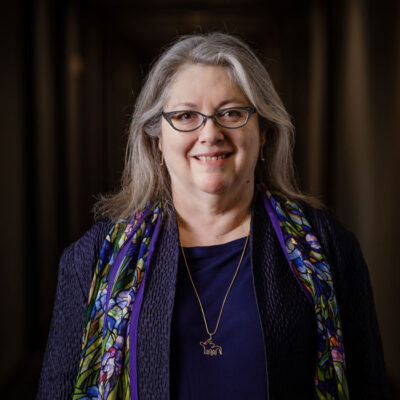Contact
Biography
Catherine Eckel is an experimental economist who has made important contributions on topics that are both policy-relevant and of interest to the academic community. Examples include studies of charitable giving; cooperation, trust, and risk tolerance in poor, urban settings; the coordination of counter-terrorism policy; gender differences in preferences and behavior; and discrimination by race and gender as evidenced in games of trust. She is Sarah and John Lindsey Professor in the Liberal Arts and University Distinguished Professor in the Department of Economics at Texas A&M University, where she directs the Behavioral Economics and Policy Program. She has held faculty positions at the University of British Columbia, Virginia Tech, and the University of Texas at Dallas, where she was founder and director of the Center for Behavioral and Experimental Economic Science. She received her Ph.D. in Economics from the University of Virginia in 1983. She is or has been a PI or Co-PI on twenty-four grants from the National Science Foundation totaling over $4.4 million. Her research has been funded by private foundations including the Russell Sage Foundation, the Aspen Foundation, and the John D. and Catherine T. MacArthur Foundation. Eckel is past president of the Economic Science Association, the professional organization of experimental economists, and also past president of the Southern Economic Association, the largest regional association in Economics. She served for two years as an NSF program director for the economics program and currently serves on the Advisory Committee of NSF’s Directorate for Social Behavioral and Economic Sciences. She was co-editor of the Journal of Economic Behavior and Organization (2005-2012), and has served as associate editor or on the editorial boards of twelve journals.
